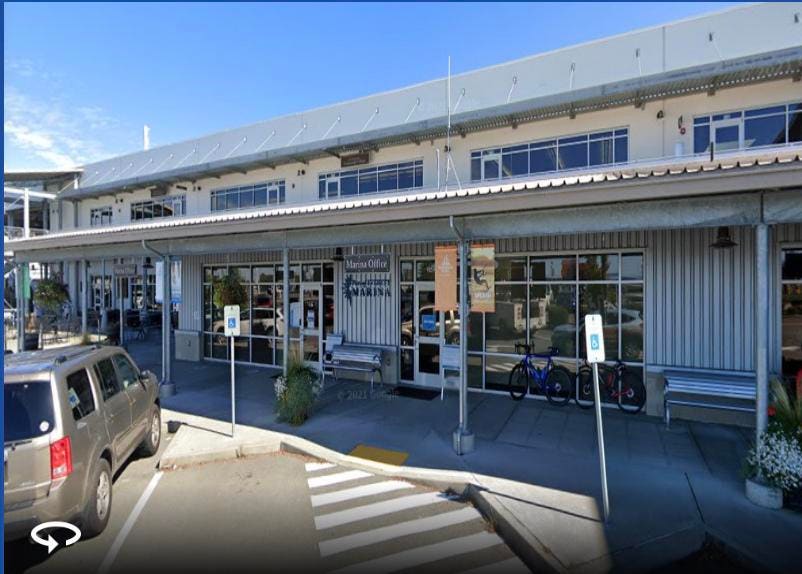“They will picture themselves onboard that cold, clear fateful night and wonder how they would act. We will think about how we would act. Together we will think about those on board who dreamt of a new future and families who held each other tight.”
It wouldn’t be difficult to read this and think about the Pakistani, Syrian, Egyptian and Palestinian refugees and migrants that were on the fishing trawler that capsized in the Mediterranean on June 14. In fact, this is from a May 29th blog post on OceanGate Expedition’s website titled Reflecting on the RMH Titanic. OceanGate states that a point is made to reflect on the Titanic’s story during each mission and the quote above is something one of the company’s read aloud during a period of reflection.
Much has already been written about the appallingly unbalanced coverage of the two shipwrecks. “News outlets have a responsibility to dedicate coverage to all lives, not just the ones we deem interesting enough,” wrote Raj Kumar, President & Editor-in-Chief at Devex, media platform for the global development community. “What makes the migrant shipwreck so much less interesting? For one thing, it’s not uncommon. Since 2014, over 26,000 people have died or have gone missing migrating across the Mediterranean Sea.”
I read Kumar’s post on LinkedIn and started thinking about how the loss of the submersible and the wealthy passengers that were on board could be used to help prevent more refugees and migrants from losing their lives.
What if a new fund was established by the families of the wealthy people who lost their lives on the Titan to support safe passage for refugees and migrants?
What could be done to strengthen The International Convention for the Safety of Life at Sea guidelines and recommendations for safeguarding the lives of migrants at seas? The first version of the SOLAS treaty was passed in 1914 in response to the sinking of RMS Titanic.
What if all the assets of OceanGate Expeditions, and OceanGate, Inc., the private company behind Ocean Gate Expeditions, were liquidated and used to fund safe ocean travel to migrants such as the people who were lost on their way from Libya to Italy?
I thought it would be interesting to compare the money that was invested in OceanGate, Inc. the owner of Titan, with what it would cost to buy or lease boats to safely transport migrants refugees. When I looked up OceanGate, I found that the company’s website has been taken down. I did find a Notice of Exempt Offering of Securities (Form D) submitted to the United States Securities and Exchange Commission that indicates Total Amount Sold as just over $19 million. OceanGate itself reported that it had raised $18 million to build a bigger submersible fleet and set up Titanic trips, reported Geekwire.
SEC Form D also contains the address of OceanGate in Everett, Washington. Judging from the picture of OceanGate’s office, at least investors aren’t paying for fancy office space.
The five “mission specialists” who died last week chose to take the OceanGate expedition to the Titanic and paid to do so. No one chooses to pay their life savings to smugglers to escape from their home country on an old fishing boat as a migrant refugee.
Perhaps there are funds left over from investors and passenger fees that could be used to help save the lives of people who died needlessly. That might help OceanGate, its investors and the families who lost who lost loved ones think about something more meaningful: what it would take to ensure that other families who are dreaming of a new future aren’t lost on their way.
Read the full article here










